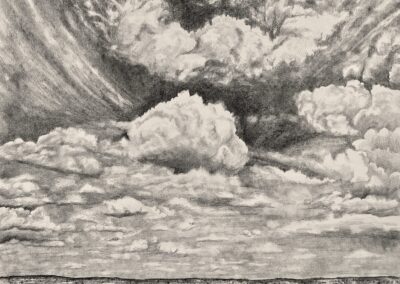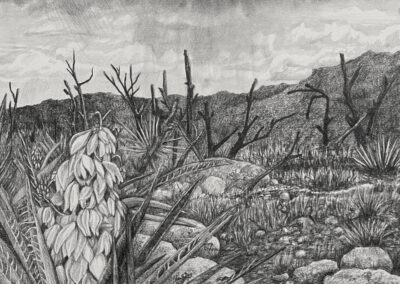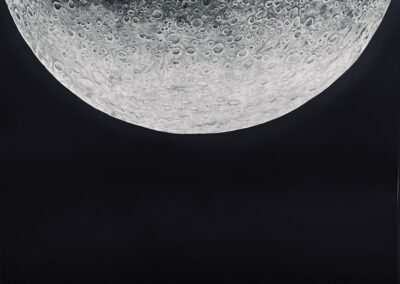Passage
An installation of live music by Michael Harrison with musicians Elliot Cole, Ina Filip, and Benoit Rolland. Lighting by Nina Elder
In partnership with
Time Pieces
Drawings by Nina Elder
Passage and Time Pieces are closely related but separate installations originally conceived by composer and performer Michael Harrison and artist Nina Elder. The immersive debut installation, Passage, interprets Earth’s light and dark, using illumination and shadow to simulate cosmic movements. In collaboration with composer/performers Elliot Cole, Ina Filip, and Benoit Rolland, Michael Harrison presents an interactive performative artwork that responds to the passage of one day of celestial and human time. In addition to designing the lighting for Passage, Nina Elder created the exquisite graphite drawings in Time Pieces – contemplations on the physical texture of time and the potential for transformation.
Passage is a multi-disciplinary project that coalesces cosmic rhythms, spatial tonality, global music, and the human experience in the form of a performance-activated art installation. Using sonic and visual tones to emulate the shifting universe, Passage creates space for contemplation, interpretation, and co-creation.
Passage creates a multi-sensory holographic effect through a constellation of tones which accentuate the audience’s movement through sonic and visual space. Embracing the cultural traditions of Indian classical music, in which the ragas correspond to specific times of day, Michael Harrison has collaborated with composer/performers Elliot Cole, Ina Filip, and Benoit Rolland to compose and record 8-10 hours of raga-based music corresponding to celestial bodies. All of the music is created using Harrison’s just intonation tunings for the piano, with vocals, tabla, and electronics. The passage of individual audience members through the space will affect the sound waves as such that their bodies become sonic instruments, creating an interactive experience whereby they are also “performers.” Audiences will truly feel their place in the universe, at once experiencing harmony, their ability to cast shadows and to participate in disruption. As humans enter this era of social and climactic acceleration, the artists aspire to contextualize our species in deep space and time.
Accompanying Passage is a new body of drawings, Time Pieces, by Nina Elder. Elder’s large-scale realistic drawings use unique pigments and scientific observation to explore themes of impermanence, change, loss, and regeneration. The artist interrogates the viewer. Is there a horizon between the past and the future? When exactly does change begin? The drawings in Time Pieces are Elder’s contemplations on the physical texture of time and the potential for transformation. Rendered as realistic graphite portraits, she captures fleeting moments with nuanced attention. Commonplace events mix with icons of social justice – a tumbleweed tossed on the spring wind in New Mexico, Harriet Tubman’s grasped hands, the secret maps that we each carry on our skulls, the sky over Standing Rock, the reflection of sunshine on a river, the brave first steps of the march from Selma. Highlighting the mighty and the mundane, Elder presents evidence of the perplexing and poetic nature of transformation.

The Music for Passage is based on North Indian classical ragas (melodic archetypes) corresponding to the day’s different hours. While following the relatively strict guidelines of the ragas and talas (rhythmic cycles), the music also creates hybrid relationships by incorporating elements of Western music, including harmony, polyphony, polyrhythmic patterns, synthesizer drones and electroacoustics. A primary element of the project involves adapting the ragas and techniques of Indian classical music to the piano, a nontraditional instrument for playing this music. The piano is tuned to my “ragas in just intonation” tuning, which adapts the ancient concepts of Pythagorean tuning and just intonation to optimize beauty of tone and natural resonance.
Nine ragas form the basis for 27 musical compositions, spanning 10 hours of music. The music is entirely new and heard here for the first time, although some of the compositions recall old and traditional melodies from the Indian classical repertoire. Passage (based on raga Bhairavi) opens the program and closes it on Fridays, honoring its traditional placement as both a morning raga and the last raga of a classical Indian music concert or festival. Raga Yaman: Alap is also repeated during the extended hours on Fridays.
Credits
- Composition (piano & vocal tracks): Michael Harrison & Ina Filip (except where otherwise noted)
- Composition (piano tracks): Michael Harrison (except where otherwise noted)
- Arrangement & Production: Elliot Cole & Benoit Rolland
- Editing: Elliot Cole
- Mixing: Louis Morneau (TrueSound) & Benoit Rolland
- Lighting: Nina Elder
- Snowfall composed by Michael Harrison with lyrics by Elliot Cole
- Raga Bhairavi: Ambient composed by Michael Harrison & Elliot Cole
Performers
- Michael Harrison: piano, tuning design
- Ina Filip: vocals
- Elliot Cole: synthesizer
- Benoit Rolland: electroacoustics
- Shawn Mativetsky: tabla on ragas Brindavani Sarang, Sarang Yatra, Bhimpalasi, Patdeep, and Puriya Dhanashree
- Ritvik Yaparpalvi: tabla on ragas Bhairavi, Jaunpuri, Todi, and Yaman
Excerpt from "Passage"
Program
10:00 am
- Passage (Based on Raga Bhairavi, piano)
- Raga Jaunpuri: Alap (piano)
- Raga Jaunpuri: Tarana in Jhaptal Vilambit (slow 10-beat cycle) by Hazrat Amir Khusrau (piano)
11:15 am
- Raga Miyan ki Todi: Alap (piano)
- Raga Miyan ki Todi: Sargam Bandish in Teental Vilambit (slow 16-beat cycle) by Pandit Pran Nath (piano)
- Raga Miyan ki Todi: Tarana in Teental Drut (fast 16-beat cycle) by Ustad Bahadur Hossain Khan (piano)
12:30 pm
- Raga Brindavani Sarang: Ambient Alap (vocals & piano)
- Raga Brindavani Sarang: Yatra (Journey) (vocals & piano)
1:20 pm
- Raga Shuddha Sarang: Ambient Alap (vocals & piano)
- Raga Shuddha Sarang: Alap (vocals & piano)
- Sarang: Yatra (Journey) (vocals & piano)
2:30 pm
- Raga Bhimpalasi: Alap (vocals & piano)
- Raga Bhimpalasi: “Khusrau Nizamuddin” in Jhaptal Vilambit (slow 10-beat cycle), traditional (vocals & piano)
- Raga Bhimpalasi: Snowfall (vocals & piano)
- Raga Bhimpalasi: “Snowfall” Jhala (vocals & piano)
3:00 pm
- Raga Patdeep: Harmonized Alap (piano)
- Raga Patdeep: “Mora Re Hey Piharava” in Teental Madhya Laya (medium tempo 16-beat cycle) by Pandit Pran Nath (piano)
- Raga Patdeep: “Rang Rangeela” in Ektal Drut (fast 12-beat cycle) by Ustad Ali Baksh Jarnail Khan (piano)
3:50 pm
- Raga Puriya Dhanashree: Harmonized Alap (piano)
- Raga Puriya Dhanashree: “Par Karo Aaraj Suno” in Ektal Vilambit (slow 12-beat cycle), traditional (piano)
- Raga Puriya Dhanashree: Tarana in Teental Drut (fast 16-beat cycle) by Hazrat Amir Khusrau (piano)
4:30 pm
- Raga Yaman: “Snowfall” Jhala (vocals & piano)
- Raga Yaman: Alap (vocals & piano)
- Raga Yaman: Lehra (vocals & piano)
6:00 pm (Fridays only)
- Raga Yaman: Alap (vocals & piano)
- Raga Yaman: Lehra (piano)
7:00 pm (Fridays only)
- Raga Bhairavi: Alap (piano)
- Raga Bhairavi: Ambient (piano)
- Passage (Based on Raga Bhairavi, piano)
About the artists
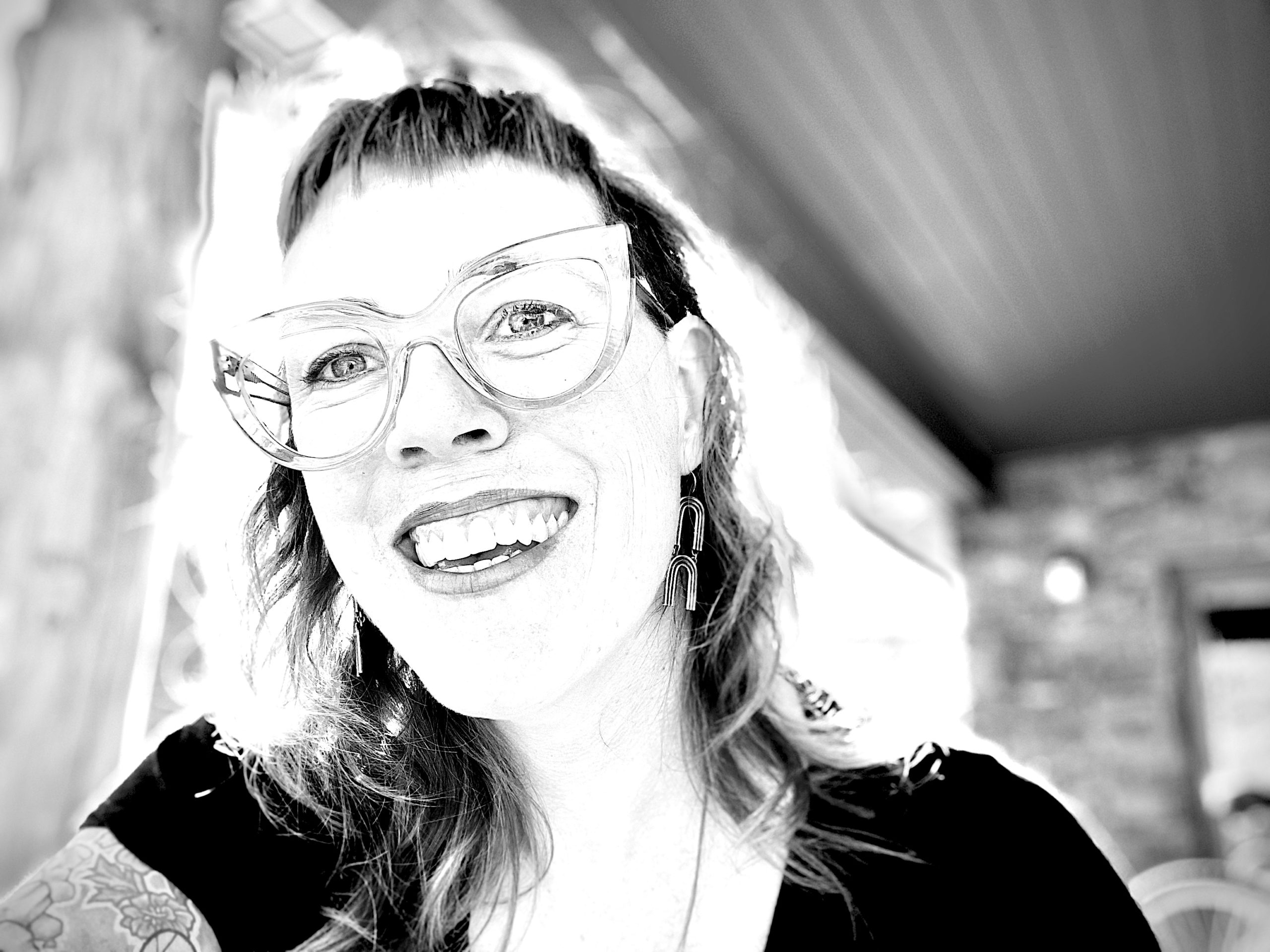
Artist and researcher Nina Elder creates projects that reveal humanity’s dependence on and interruption of the natural world. With a focus on changing cultures and ecologies, Elder advocates for collaboration, fostering relationships between institutions, artists, scientists, and diverse communities. Her work takes many forms, including drawings, performance, pedagogy, critical writing, long term community-based projects, and public art.
Elder’s work emerges from a deep time perspective: planets, geology, and ecosystems mingle and create constellations with social issues and personal narratives. She harnesses curiosity and empathy as conduits between various forms of knowledge. Her research is physical, experiential, and solitary. She explores places where human impact is evident yet camouflaged, taking photographs, studying scientific and social interpretations, and collecting substances that become the material of her meticulous drawings. Elder has traveled from the Bering Strait to the US/Mexico border, documenting military bases, nuclear test sites, clear cuts, dams, and pit mines. She seeks overlooked stories, erased legacies, and uncanny metaphors.
Recent solo exhibitions of Elder’s work have been organized by SITE Santa Fe, Indianapolis Contemporary, and university museums across the US. Her work has been featured in Art in America, VICE Magazine, and on PBS; her writing has been published in American Scientist and Edge Effects Journal. Elder’s research has been supported by the Andy Warhol Foundation, the Rauschenberg Foundation, the Pollock Krasner Foundation, and the Mellon Foundation. She is an affiliate artist of the National Performance Network. Elder has recently held research positions at the Center for Art + Environment at the Nevada Museum of Art, the Anchorage Museum, and the Art and Ecology Program at the University of New Mexico. Nina Elder migrates between rural places in New Mexico and Alaska. View Nina’s website.
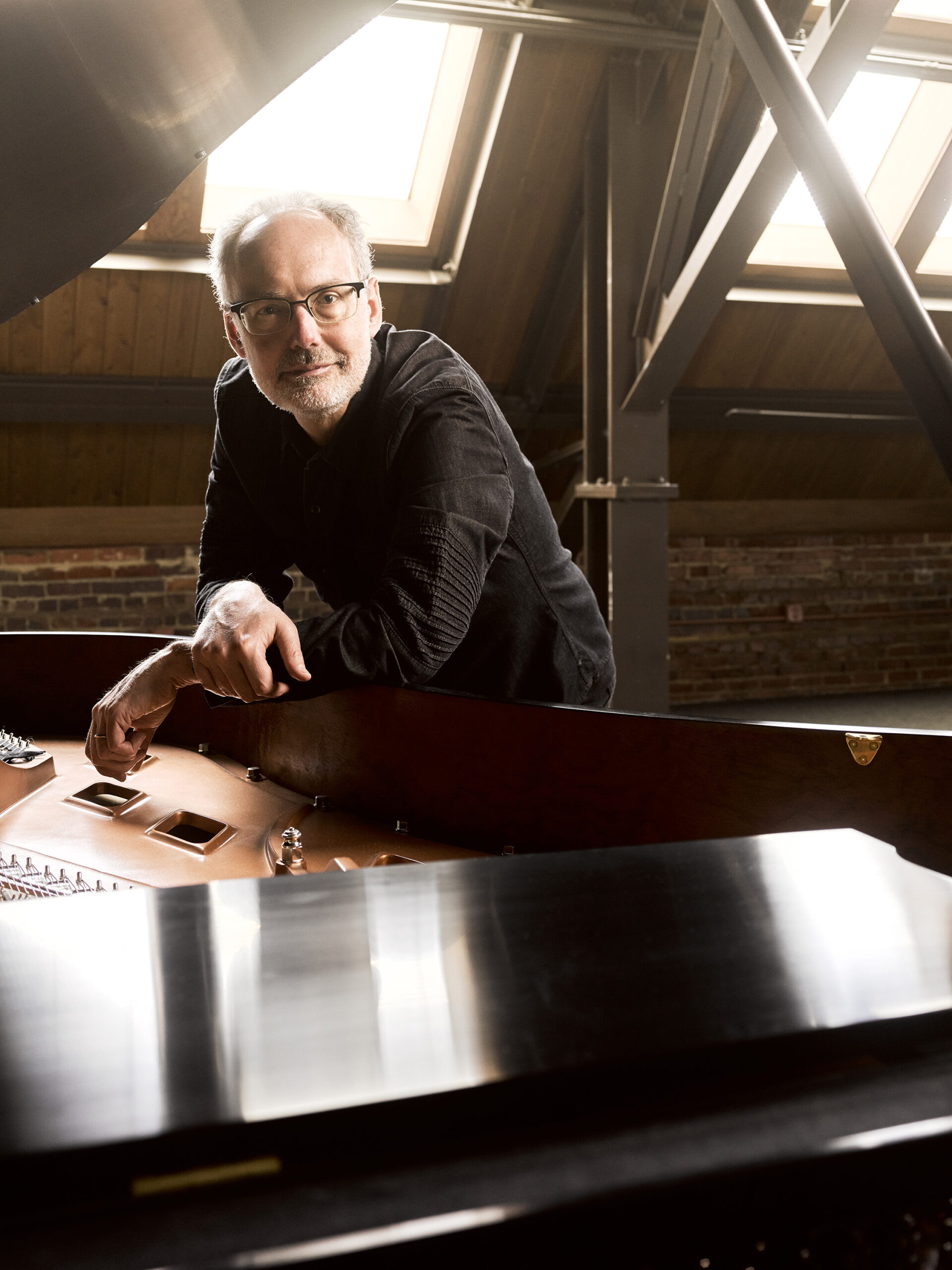
Composer/pianist Michael Harrison’s works blend classical music traditions of Europe and North India. He seeks expressions of universality via the physics of sound – music that brings one into a state of concentrated listening as a meditative and even mind-altering experience. Harrison is a Guggenheim Fellowship and NYFA Artist Fellowship recipient.
His latest release, Seven Sacred Names, reached the top 10 classical albums on Billboard and was called “music of positively intoxicating beauty” in The New Yorker. “Just Constellations,” commissioned and recorded by Grammy-winning Roomful of Teeth, was among NPR’s Best 100 Songs of 2020 and Bandcamp’s Best of Contemporary Classical 2020. Time Loops was among NPR’s Top 10 Classical Albums of 2012. His work “Revelation” achieved international recognition and inclusion in the Best Classical Recordings of 2007 selections of The New York Times, The Boston Globe and TimeOut New York. Harrison collaborates with performers including Alarm Will Sound, Cello Octet Amsterdam, Maya Beiser, and others, who have commissioned his works using just intonation.
Harrison invented the “harmonic piano,” which plays 24 notes per octave. His primary teachers are La Monte Young, Terry Riley, master Indian vocalists Pandit Pran Nath and Ustad Mashkoor Ali Khan, and Reiko Fueting. Harrison received his Master’s Degree in Composition at the Manhattan School of Music.
His recent engagements include the Minimal Music Festival in Amsterdam, Institute for Advanced Study at Princeton, DaCamera and The Menil Collection in Houston, and the Mattatoio Museum in Rome. Past performances of his music include BAM Next Wave Festival, Carnegie Hall, Metropolitan Museum of Art, Museum of Modern Art, Park Avenue Armory, United Nations, the Louvre, Pompidou Centre, MASS MoCA, Spoleto, Big Ears, and Sundance. View Michael’s website.
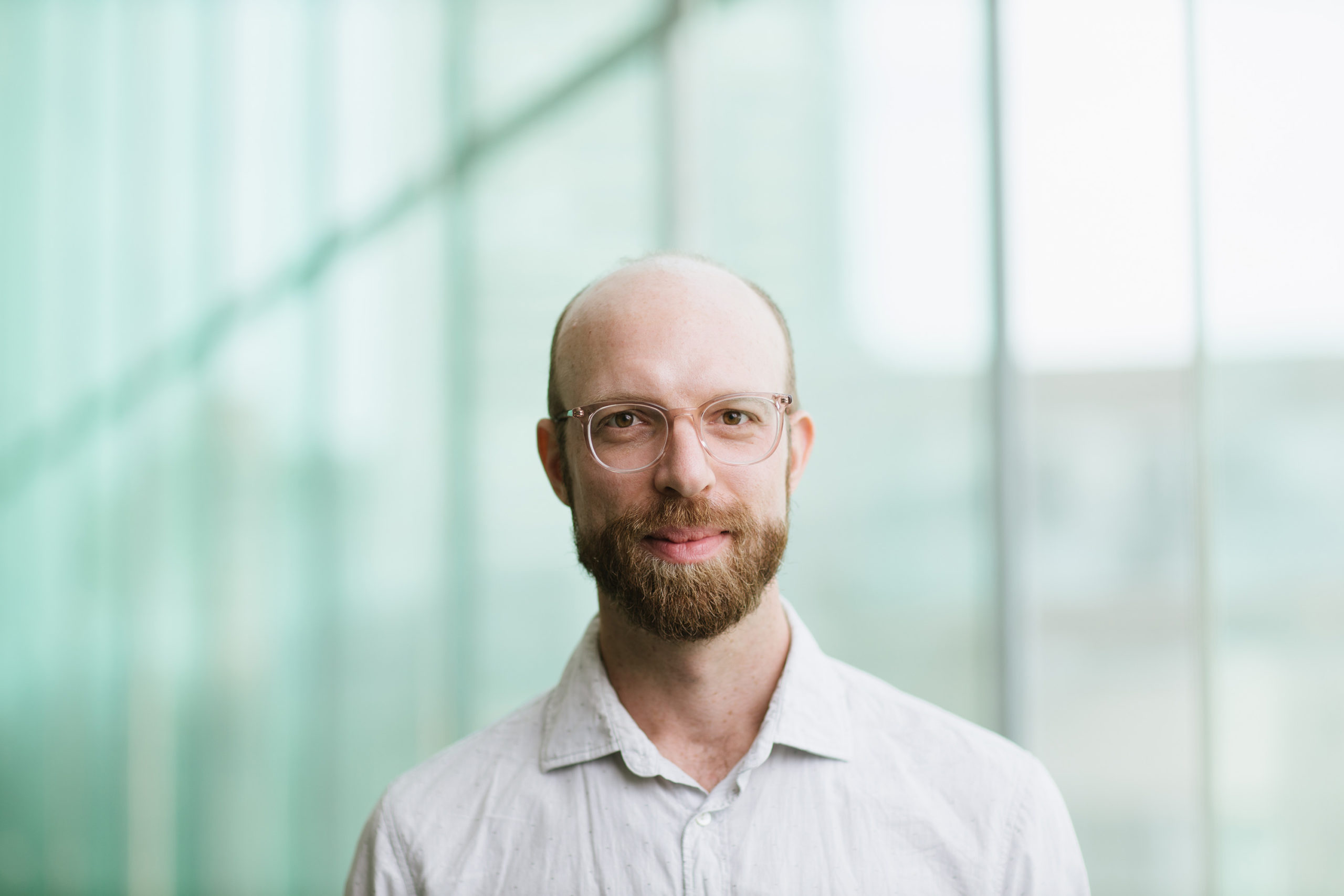
Elliot Cole is a composer, producer and “charismatic contemporary bard” (The New York Times). He is currently on faculty at Juilliard and The New School where he teaches Music Production and Composition. He has written for and performed with Grammy winners Roomful of Teeth, Grammy nominees A Far Cry and Metropolis Ensemble, and many other ensembles. His music evokes “sparkling icicles of sound” (Rolling Stone). Elliot has a PhD in Music Composition at Princeton University and lives in New York City. View Elliot’s website.
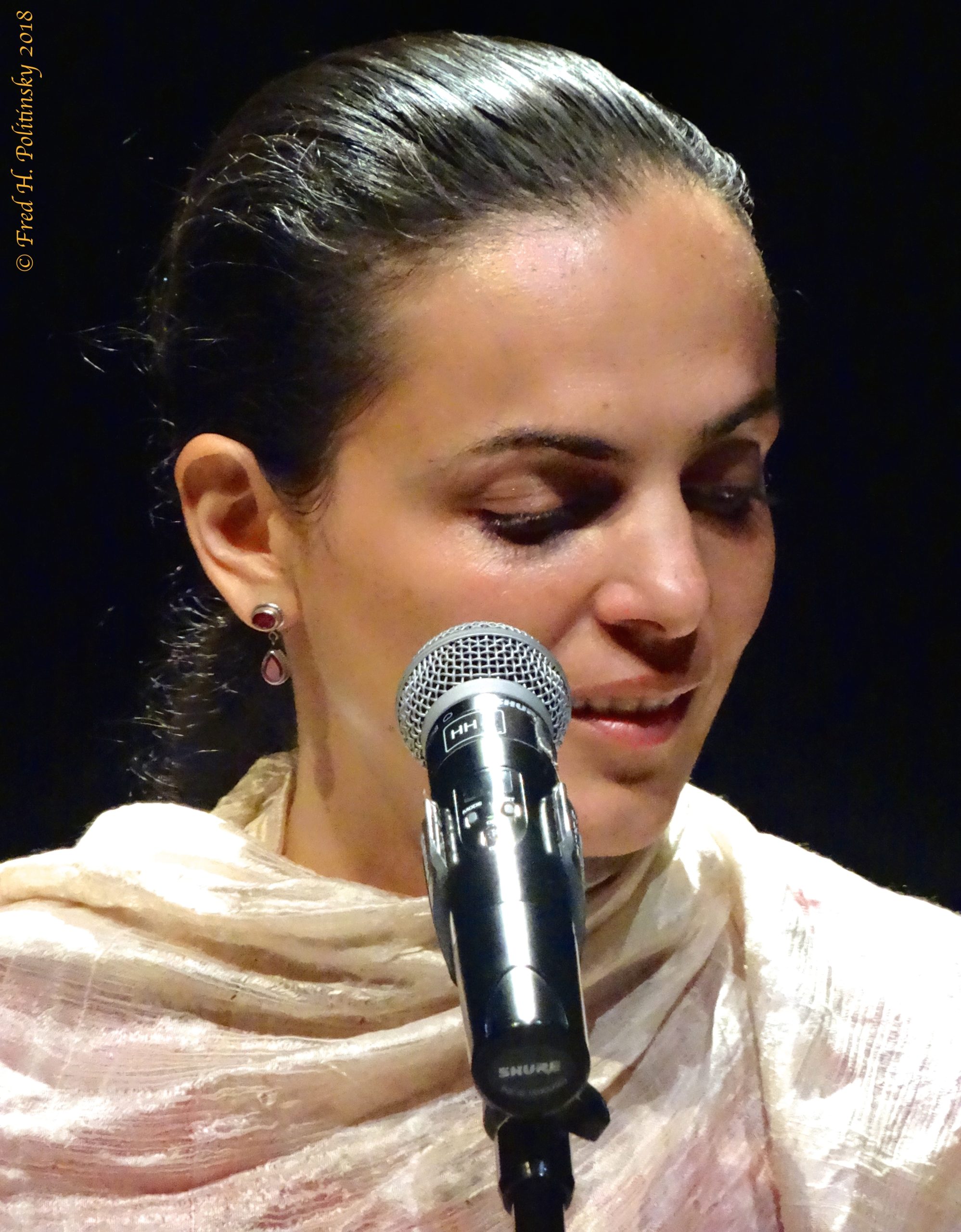
Originally from Brazil, vocalist Ina Filip lived for several years in Bhopal, India, studying Dhrupad (Hindustani Classical music) with the renowned Gundecha Brothers. Drawing inspiration from her Dhrupad training as well as her former studies in Pop vocals and Brazilian music, Ina has developed a unique sound, in which Dhrupad is at times presented traditionally and at times presented in experimental ways. She has performed internationally with her different projects, including collaborations with electronic producers, contemporary classical composers, and solo performances of voice and drone. View Ina’s website.
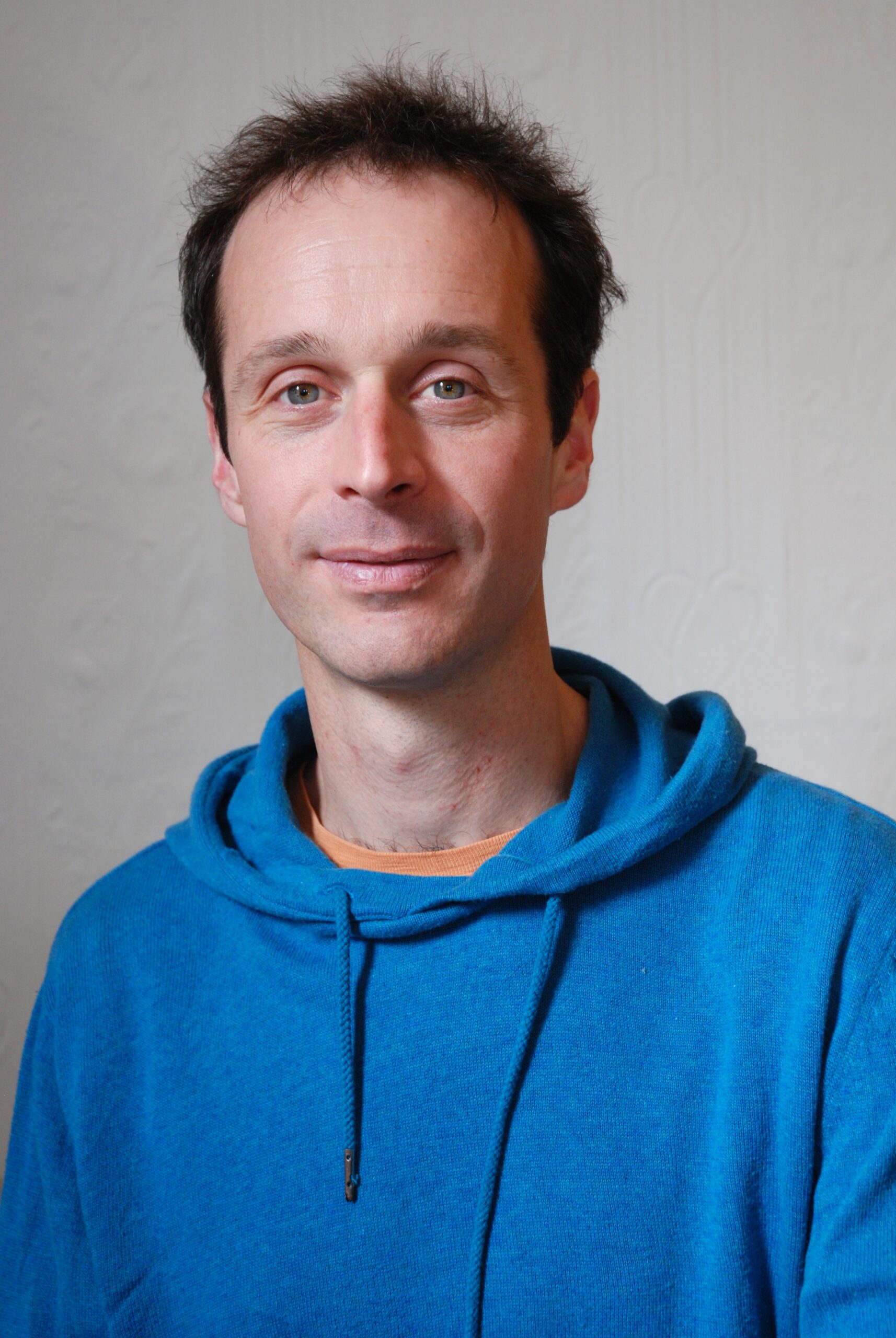
Benoit Rolland spent his teen years playing in various psychedelic punk bands in France. In 2006 he completed his studies at the Conservatoire de Musique du Québec in Montreal, in the electroacoustic composition class of Yves Daoust. Since then, he composes regularly for theater and cinema, and participates in various avant-garde music projects. Benoit’s interest in the wide range of social functions that music can play led him to work for six years with the native Innu community of Nutashkuan. He directed collective and collaborative creations of contemporary works, as well as audio documentaries reflecting the evolution of the Innu culture and its relationship to the Western modernity. For over 12 years, he composed music to accompany the stories of the great storyteller Simon Gauthier. The duo gave over 100 performances across Quebec, France and North Africa. More recently, his interest in Dhrupad led him to collaborate with Dhrupad singer Ina Filip and to travel twice to India in order to get initiated in this tradition. View Benoit’s website.
Additional resources
Passage is underwritten, in part, by the generous support of the Canada Council for the Arts and the financial support of the Conseil des arts et des lettres du Québec.

